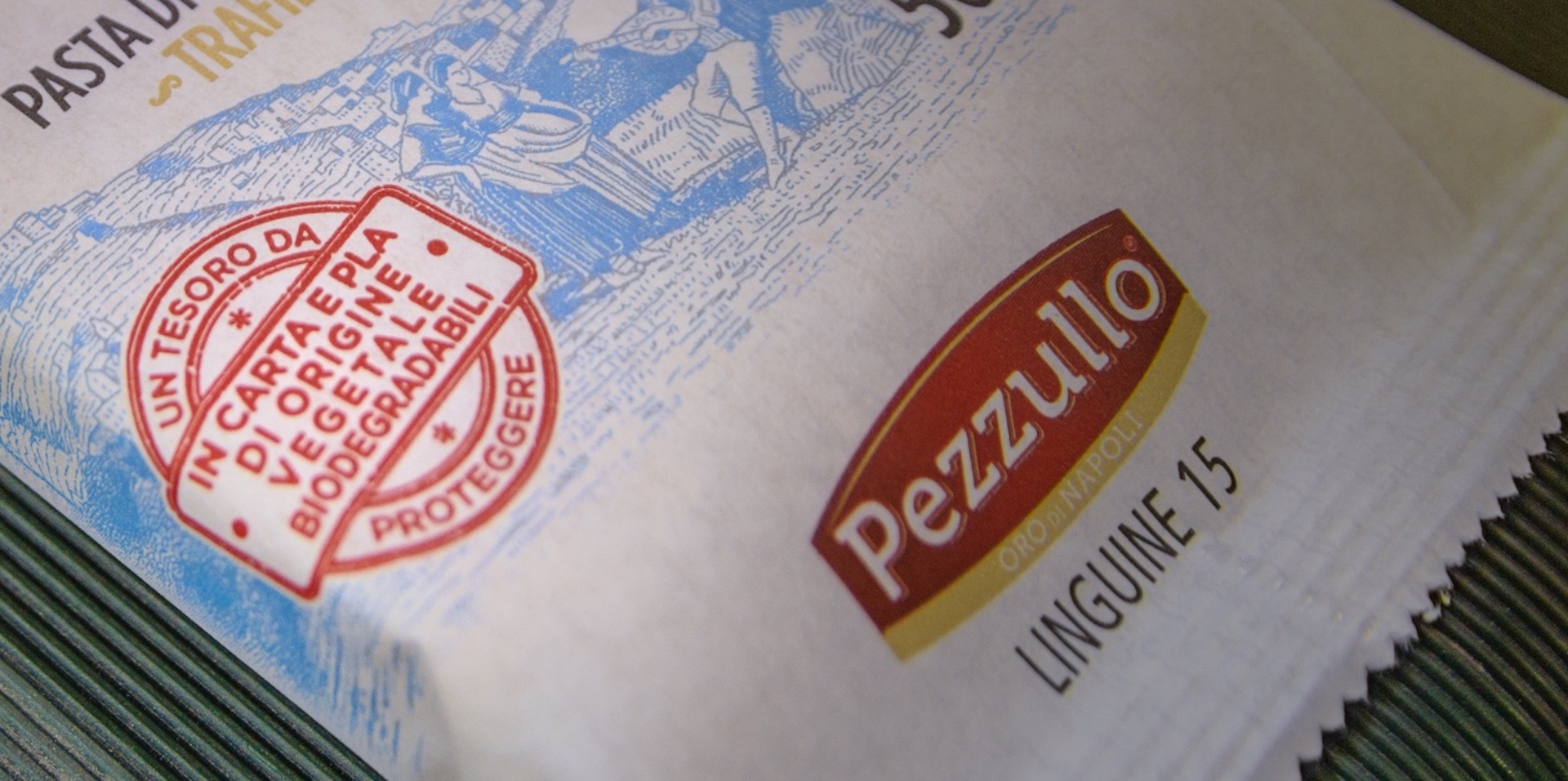Biodegradable plastic film has become an important issue in the packaging world.
Markets as well as consumers have become more aware of the negative impact that the packaging they use on a daily basis causes in the environment. With the premise of contributing to the improvement of the environment and meeting the needs of companies and customers, ALBIPACK has recyclable or compostable biodegradable film.
Biodegradable film is an alternative to conventional plastic film, but it shares the same fundamentals - protection, strength and quality.
The Biodegradable film is divided into two distinct categories:
• Biodegradable Recyclable - All layers of the film share the same composition and are 100% recyclable and ecofriendly.
Note: According to European legislation, 100% recycled film is considered to be biodegradable by 2023.
Ex: PE | PE; PP | PP; PET | PET
• Composting (PLA) - Composting can significantly reduce the volume of organic waste and the compost produced can be used in agriculture and horticulture. About 50% of all household waste is comprised of organic material. This percentage will tend to grow in the future due to the growing popularity of biodegradable products such as packaging.
The film PLA (lactic polyacid) has been replacing conventional plastics in several applications.

It can be used in bakery packaging, fresh food, etc.
In addition to its biodegradable nature, PLA film has other advantages, such as the adequate shelf life for most of the disposable packaging and the fact that this film is made from renewable sources - vegetables.
Compared with conventional plastic films such as polystyrene and polyethylene, the degradation period is minimal. The first ones take from 500 to 1000 years to degrade, while the PLA takes 6 months to 2 years, when discarded incorrectly. And, when disposed of correctly, it becomes harmless substances, since it is easily degraded by water. In composting centres, it takes about 45 days to degrade.
When small amounts of PLA go from food to food and eventually go to the body, there is no risk of harm to health, PLA converts to lactic acid, which is a safe food substance naturally eliminated by the body.
Forms of Presentation of Recyclable or Compostable Biodegradable Film:
- It is possible to print in 8 different colours (the inks used in the printing are produced with water)
- It exists in the metallic version
- It exists in the two-layered version (PLA | PLA)
- It Exists in the paper version Thermo weldable (compostable film)
- It exists in the PLA + Paper version, where it is possible to insert several types of windows with laser cutting system, in order to guarantee aesthetic precision.